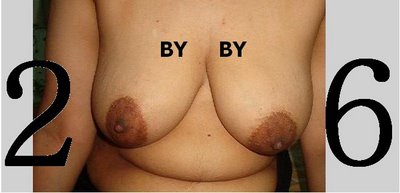For spam on Wikipedia, see
Wikipedia:Spam and
Wikipedia:WikiProject SpamSpamdexing involves a number of methods, such as repeating unrelated phrases, to manipulate the relevancy or prominence of resources indexed by a
search engine, in a manner inconsistent with the purpose of the indexing system.
[1] [2] Some consider it to be a part of
search engine optimization, though there are many search engine optimization methods that improve the quality and appearance of the content of web sites and serve content useful to many users.
[3] Search engines use a variety of
algorithms to determine relevancy ranking. Some of these include determining whether the search term appears in the
META keywords tag, others whether the search term appears in the
body text or
URL of a
web page. Many search engines check for instances of spamdexing and will remove suspect pages from their indexes. Also people working for a search-engine organization can quickly block the results-listing from entire websites that use spamdexing, perhaps alerted by user complaints of false matches. The rise of spamdexing in the mid-1990s made the leading search engines of the time less useful.
The success of
Google at both producing better search results and combating keyword spamming, through its reputation-based
PageRank link analysis system, helped it become the dominant search site late in the 1990s. Although it has not been rendered useless by spamdexing, Google has not been immune to more sophisticated methods.
Google bombing is another form of search engine result manipulation, which involves placing hyperlinks that directly affect the rank of other sites
[4]. Google first algorithmically combated
Google bombing on
January 25,
2007 [1].
The earliest known reference
[1] to the term spamdexing is by Eric Convey in his article "Porn sneaks way back on Web,"
The Boston Herald,
May 22,
1996, where he said:
The problem arises when site operators load their Web pages with hundreds of extraneous terms so search engines will list them among legitimate addresses. The process is called "spamdexing," a combination of spamming — the Internet term for sending users unsolicited information — and "indexing."
[1]Common spamdexing techniques can be classified into two broad classes: content spam
[3] (or term spam) and link spam.
[2]Contents[
hide]
1 Content spam2 Link spam2.1 Using world-writable pages3 Other types of spamdexing4 See also5 Notes6 References7 External links7.1 To report spamdexed pages7.2 Search engine help pages for webmasters7.3 Other tools and information for webmastersmore






